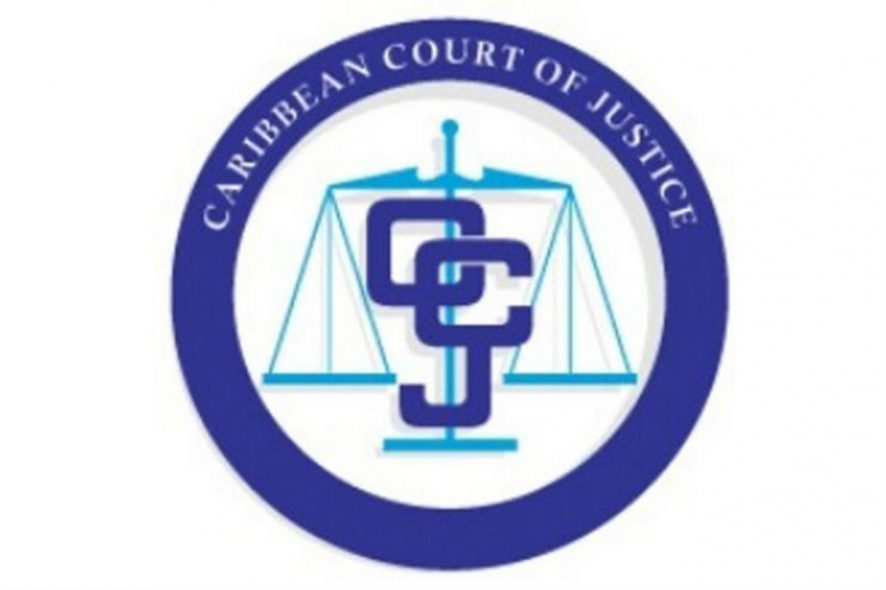Caribbean Court of Justice (CCJ): In the court of Sir Dennis Byron, President and Honourable Justice Saunders, Wit, Hayton, Anderson, Rajnauth-Lee and Barrow JJ. two death penalty cases from Barbados were addressed together as the appeals challenged the murder convictions of each of the men and the constitutionality of the mandatory death sentence for murder in Barbados. The Court took an epoch-making decision in light of striking the mandatory death penalty and stated that Section 2 of the Offences against the Person Act was unconstitutional because it provided for a mandatory sentence of death.
CCJ took a full-scale analysis of the state of the mandatory death penalty in Barbados for murder and found that it was undeniable that the nation, through its actions, had acknowledged that it had an obligation to remove such mandatory sentence under Section 2 of the Offences against the Person Act.
The mandatory death penalty had been found to be arbitrary in nature by international human rights bodies such as the International Covenant and Civil and Political Rights Committee (“ICCPR”) and the Inter-American Commission on Human Rights (“IACHR”) divesting individuals of the most fundamental human rights.
The CCJ held that Section 11 of the Constitution, which gives the right to protection of the law, was enforceable. Further, found that the mandatory death penalty breached the stated right as it deprived a court of the opportunity to exercise the quintessential judicial function of tailoring the punishment to fit the crime.
The Court by majority declared that Section 2 of the OAPA is inconsistent with sections 11 (c), 12 (1) 15(1) and 18(1) of the Constitution of Barbados to the extent that it provides for a mandatory sentence of death.
Therefore, CCJ ordered that the appellants be expeditiously brought before the Supreme Court for resentencing.[Jabari Sensimania Nervais v. Queen and Dwayne Omar Severin v. Queen (2018) CCJ 19 (AJ), decided on 27-06-2018]






